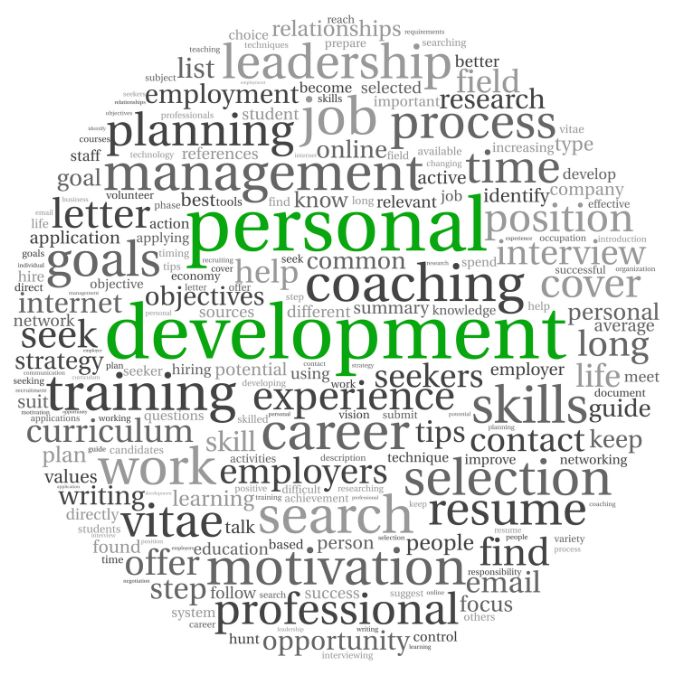A growth mindset is a belief system that suggests that abilities, intelligence, and talents can be developed and improved over time through effort, learning, and perseverance. This concept contrasts with a fixed mindset, which is the belief that these traits are innate and unchangeable.
The idea of the growth mindset was popularized by psychologist Carol Dweck in her research on motivation, achievement, and success. According to Dweck, people with a growth mindset tend to see challenges as opportunities for growth and believe that effort leads to improvement. Here’s a breakdown of the growth mindset and its key principles:
1. Belief in Development
- Abilities Can Grow: People with a growth mindset believe that their abilities, intelligence, and talents can be developed through dedication and hard work. This belief fosters a love for learning and a resilience essential for great accomplishments.
- Emphasis on Learning: The focus is on the process of learning and improvement rather than just the outcome. Mistakes and failures are seen as part of the learning journey, not as indicators of a lack of ability.
2. Embracing Challenges
- Viewing Challenges Positively: Those with a growth mindset see challenges as opportunities to grow. Instead of avoiding difficult tasks, they embrace them, knowing that overcoming obstacles is essential to improvement.
- Persistence in the Face of Setbacks: When faced with difficulties, people with a growth mindset are more likely to persist. They view effort as the path to mastery and understand that setbacks are part of the growth process.
3. Effort Leads to Success
- Value of Hard Work: A key element of the growth mindset is the belief that effort is essential for success. Rather than assuming that talent alone determines achievement, individuals with a growth mindset believe that sustained effort and practice are critical.
- Continuous Improvement: They seek opportunities to keep learning, whether through practice, feedback, or new experiences, and see effort as a way to grow their abilities over time.
4. Learning from Criticism
- Constructive Feedback: People with a growth mindset are more likely to view criticism and feedback as valuable information that can help them improve. Instead of being defensive, they are open to learning from others and adjusting their approaches.
- Reflection: They regularly reflect on their experiences, using feedback to guide their growth and development, and view this as a necessary part of improving.
5. Inspired by Others’ Success
- Positive Outlook on Others’ Achievements: Rather than feeling threatened by the success of others, individuals with a growth mindset are inspired by it. They view others’ accomplishments as examples of what is possible through effort and learning.
- Collaboration and Growth: They are more likely to collaborate with others and seek out mentors, as they believe in the power of collective growth and learning from others.
6. Resilience and Adaptability
- Bouncing Back from Failures: With a growth mindset, failures are not seen as permanent setbacks but as opportunities to learn and improve. This fosters resilience, allowing individuals to bounce back from difficulties and continue striving toward their goals.
- Adaptability: A growth mindset encourages adaptability, as individuals are willing to change strategies and try new approaches when something isn’t working.
Growth Mindset vs. Fixed Mindset
Here’s a quick comparison between a growth mindset and a fixed mindset:
- Growth Mindset:
- Belief that intelligence and abilities can be developed.
- Embraces challenges and sees them as opportunities for growth.
- Values effort as a path to mastery.
- Learns from criticism and feedback.
- Finds inspiration in others’ success.
- Resilient in the face of setbacks.
- Fixed Mindset:
- Belief that intelligence and abilities are static and unchangeable.
- Avoids challenges and fears failure.
- Views effort as fruitless if talent is lacking.
- Ignores or becomes defensive over criticism.
- Feels threatened by others’ success.
- Gives up easily when faced with setbacks.
Why a Growth Mindset Matters
Adopting a growth mindset can have a profound impact on various areas of life, including:
- Personal Development: Encourages continuous learning and self-improvement.
- Career Success: Helps individuals persist through challenges and adapt to new situations.
- Relationships: Promotes better communication, openness to feedback, and a willingness to grow with others.
- Mental Health: Reduces stress and anxiety by fostering resilience and a positive attitude toward change and setbacks.
How to Develop a Growth Mindset
- Recognize and Challenge Fixed Mindset Thoughts: Start by noticing when you think in fixed terms (e.g., “I’m not good at this”), and consciously reframe those thoughts (e.g., “I can improve with practice”).
- Embrace Learning Opportunities: Seek out challenges, take on tasks that stretch your abilities, and be willing to learn from mistakes.
- Celebrate Effort, Not Just Outcomes: Focus on the effort you put into learning and growing, rather than just the end result. Celebrate progress, even if the goal isn’t fully achieved yet.
- Learn from Others: View others’ success as inspiration. Collaborate, ask for feedback, and learn from those who have achieved what you aspire to.
In summary, a growth mindset is a powerful approach to life that fosters continuous improvement, resilience, and a love for learning. It encourages us to view challenges and failures as opportunities for growth, making it a valuable mindset for personal and professional success.


